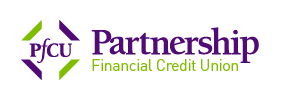
Money may seem like a challenging topic to discuss with your children, but it’s important to start having money conversations as soon as possible. There’s no better place to start than at home. When you first start teaching kids about money, it doesn’t have to feel like a lecture. It can be experiential, fun, and as engaging as you make it. Read More.












